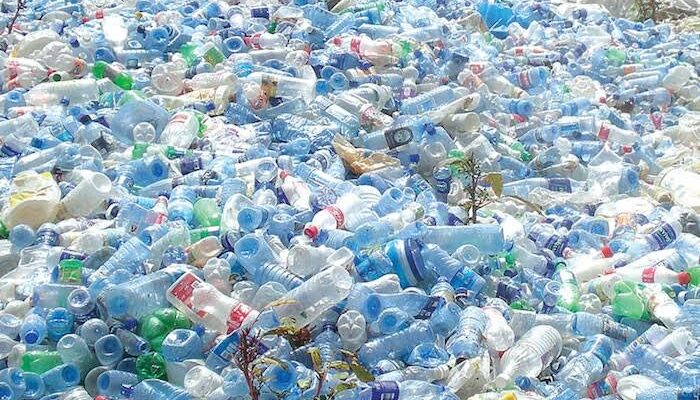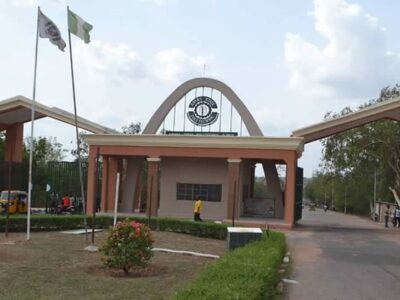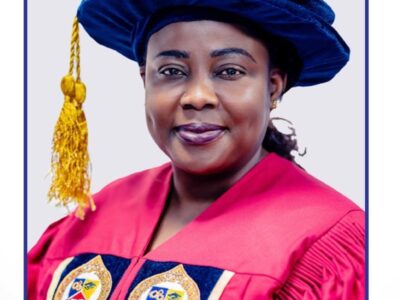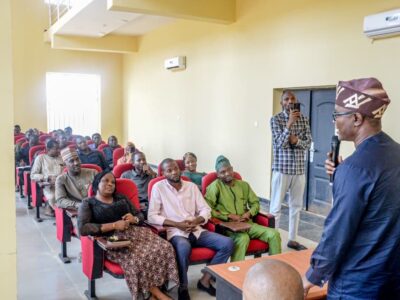By Usman Aliyu
The third session of the Intergovernmental Negotiating Committee to develop an international legally binding instrument on plastic pollution, including in the marine environment (INC-3) on Monday, Nov. 13, 2023 began in Nairobi, the Kenyan capital.
INC-3 members started negotiations on the basis of the Zero Draft text prepared by the Chair of the INC.
INC-3 marks the mid-point of the journey towards a global treaty, and follows the two earlier rounds of negotiations, which are INC-1, which took place in Punta del Este, Uruguay, in 2022, and INC-2, held in Paris in June, 2023.
In his opening address, the Kenyan President, William Ruto identified change of attitude as the best way to fight plastic pollution in the world.

“To deal with plastic pollution, humanity must change. We must change the way we consume, the way we produce and how we dispose our waste.
“This is the reality of our world. Change is inevitable. This treaty, this instrument that we are working on, is the first domino in this change.
“Let us bring it home. Let the change begin,” Ruto said at the opening of the session.
In her remarks, the Executive Director of the UN Environment Programme (UNEP), Inger Andersen, said the resolution passed at the fifth United Nations Environment Assembly (UNEA 5.2) in 2022 called for an instrument that is based on a comprehensive approach that addresses the life cycle of plastic.
“Not an instrument that deals with plastic pollution by recycling or waste management alone, but the full life cycle. This means rethinking everything along the chain, from polymer to pollution, from product to packaging,” she added.
The UNEP chief called for use of fewer virgin materials, less plastic and no harmful chemicals.
“We need to ensure that we use, reuse, and recycle resources more efficiently; dispose safely of what is left over and use these negotiations to hone a sharp and incisive instrument to carve out a better future, free from plastic pollution,” she said.
Similarly, the Chair of the INC, Gustavo Adolfo Meza-Cuadra Velasquez, said the negotiations provided an opportunity to have discussion on all elements of the future instrument.
“It is my hope that by the end of the session, the Committee will agree on a mandate for a revised draft and possible intersessional work to prepare for that fourth and fifth sessions.
“I am confident that we can make substantive progress here at our third session and capitalise on the Nairobi spirit, consensus and ambition,” said the chair.
In Nigeria, it is estimated that about 2.5 million tonnes of plastic waste are generated about 2.5 annually.
This, experts observed, is most evident in the garbage, blocking drainage systems, clogging waterways, littering streets and sewage banks.










Comments